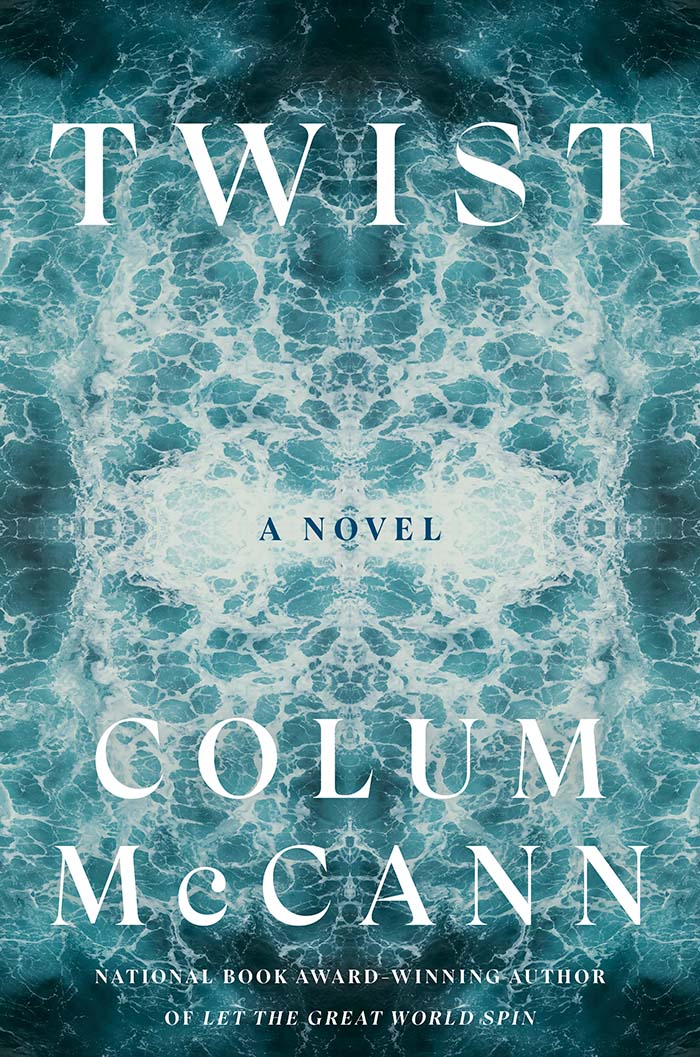
Avoid the Labels
A lot of the time when we talk about writing – and in particular fiction – we talk about the complicated confluence of truth, reality, history, facts and lies. But what is a lie? And how is it shaped? And do we lie in order to tell the proper truth? Let’s talk about the word “fiction” a moment – because I want to suggest that maybe poetry, playwriting, journalism and even non-fiction are part of the word “fiction.” Or maybe I just want to discard the word fiction altogether, because it’s already got a terrible disease. You know the thing: “Ah, it’s just a story.” Or: “You wouldn’t even believe it even if you read it.” As if fiction is not imaginative enough for reality! The word “fiction” really means to shape or to mould. It derives from the Latin “fictio” and the verb is “fingere” and the past participle (interestingly!) is fictus. It does not (necessarily) mean to lie, or to invent. It doesn’t mean that it has no part of what is “true.” It is about taking what is already there and giving it a new form. So be careful about labels. Publishers desperately want to divide things into fiction/non-fiction/creative non-fiction/biography. This is understandable, but they are generally not very agile when it comes to something that showcases a new form. But creating something new is what you must do as a writer. You create outside the box in order to expand the shape of the new box. And always be careful, young writer, of being boxed off. In particular don’t let them shove you into the “YA” (Young Adult) box just because they think that’s where you will sell. Be careful of labels. You do not write towards a market. That will pigeonhole you and, once pigeonholed, it is difficult to get out. Don’t get categorized. Resist, even if gently. And, so, be as careful as you can about your first major publication. Don’t let them hem you in. Yet, at the same time, know that good work will always win out.
